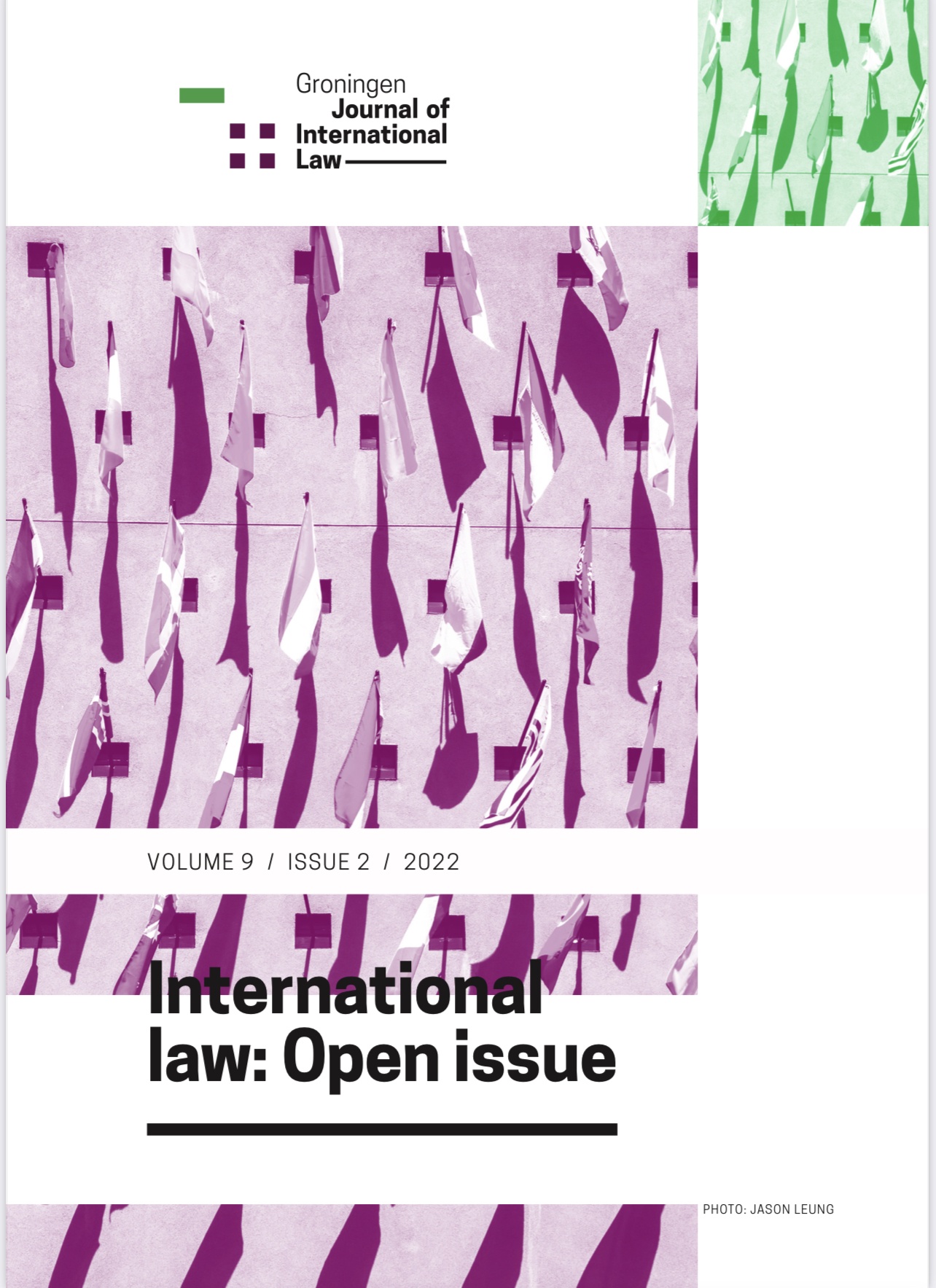The Confidentiality and Transparency Debate Under Investor-State Mediation
DOI:
https://doi.org/10.21827/GroJIL.9.2.325-351Keywords:
Investor-State Dispute Settlement, Investor-State Mediation, Investor-State Arbitration, Transparency, ConfidentialityAbstract
As an important part of alternative dispute resolution, investor–state mediation is attracting increasing interest from the creators of investment treaties and institutional rules. Traditional mediation mechanisms are inherently confidential. Keeping mediation proceedings and related documents strictly confidential is crucial to successful mediation. However, investor–state disputes, which involve public interests, often do not allow for the strict confidentiality of traditional mediation. Rather, those involved in investor–state mediation face pressure to be transparent. To increase public acceptance and the perceived legitimacy of the investor–state mediation system, it is necessary to establish the right balance between confidentiality and transparency. The degrees of transparency in arbitration and mediation are not the same; there are many institutional differences in their transparency rules, such as those regarding public hearings, access to documents, and non-disputing party submissions. The degree of transparency of investor–state mediation should generally fall between the strict confidentiality of commercial mediation and the transparency of investor–state arbitration. Distinct from investor–state arbitration and its exceptions to transparency and confidentiality requirements, investor–state mediation applies confidentiality in principle, with appropriately expanded transparency exceptions to respond to the need for transparency. When constructing investor–state mediation transparency rules, it is necessary to consider many other factors, as there is no universally applicable optimal degree of transparency.
Published
Issue
Section
Copyright (c) 2022 Fan Xiaoyo

This work is licensed under a Creative Commons Attribution-NonCommercial-NoDerivatives 4.0 International License.
Open Access Creative Commons


